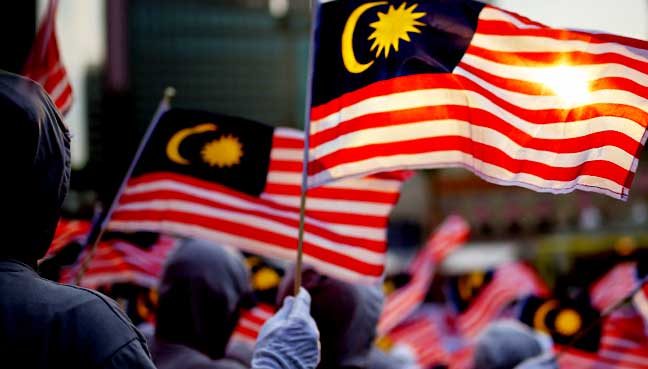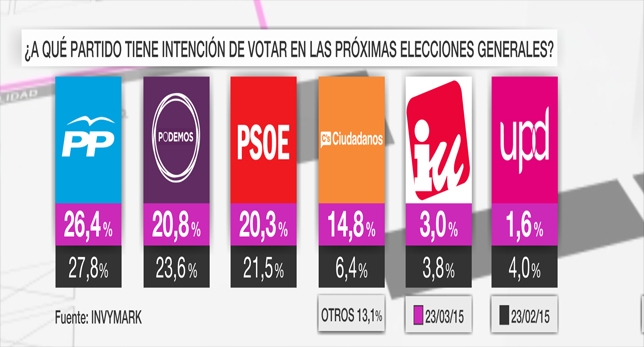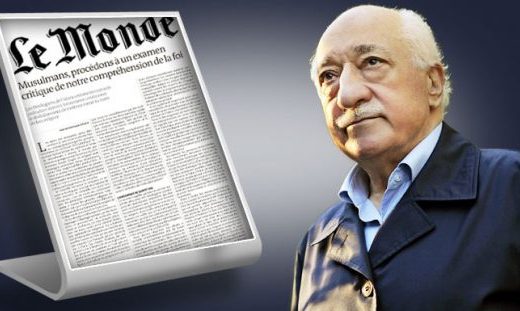United Malays National Organisation (UMNO) was Malaysia’s only political party that has controlled the governmentever since Malaysia became independent in 1957. After 61 years of reign, this changed in May this year when the opposition led by Mahathir Mohamad won the elections. The entire process was in large part marked by $4.5 billion corruption scandal, as well as movie-like plot where political allies turned against each other and former enemies created an alliance. Mahathir’s victory on May elections would not be seen as a surprise if he was not a man who had already been Prime Minister of Malaysia from 1981 to 2003, and if he was not 92 years old at the time when the electons were held.
Under his leadership back in the 80s, Malaysia has achieved incredible economic growth and became one of the countries known as “Asian tigers”. Much of the transformation of Malaysia into the modern state happened during his reign, but at the same time, he was accused of limiting checks and balances. His UMNO party traditionally relied on the votes of ethnic Malays who largely supported him, so any kind of opposition that would emerge during his time in the office was simply too weak.
Early in his political career, a potential rival emerged. His name was Anwar Ibrahim and he pushed for Muslim empowerment. Mahathir welcomed Anwar in UMNO and appointed him as his Deputy Minister. However, in the late 1990s, the economy started to fall down, and Anwar began to openly criticize his big boss and call for reforms. Mahathir was avoiding any kind of advice given by the IMF, the EU, the United States and the World Bank, whereas Anwar was supporting and pushing for Western vision of crisis management. As a result, Anwar was suddenly taken into prison and charged with sodomy, or more precisely, of having an affair with his wife’s male driver. In Malaysia, which is majority Muslim country, this was a huge offense. Anwar got convicted. Later, these charges were dropped, but new ones emerged and he remained in prison ever since.
In 2003, Mahathir decided to retire after 23 years in the office. He then picked his successor who was largely ineffective. After this man’s mandate, he supported a new candidate for Prime Minister’s position – Najib Razak. A controversy surrounding Najib’s time in the office kicked off when he created the fund called 1Malaysia Development Berhad or 1MDB, which was designed to attract foreign investment and boost the economy. Instead, Razak used it to finance different things, among them famous Hollywood movies such as The Wolf of Wall Street. All of sudden, it was discovered that different riches were acquired by his own family, among them expensive jewelry, yacht, real estate and 700 million dollars that were found in his personal bank account. The entire 1MDB situation drew attention of international investigators and people in Malaysia began protests while calling for Najib’s resignation over the scandal.
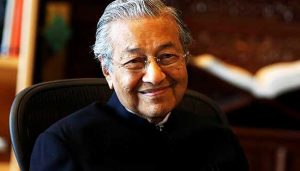
This situation raised significant question – Who can bring stability to Malaysia after the scandal and the turmoil? Out of all possible candidates, Mahathir Mohamad decides to come back to the stage. At the time, he was 92 and he declared that he felt humiliated by the fact that Najib corrupted UMNO. Mahathir decided to allign himself with fractured parts of the opposition, even though many of them despised him, in order to bring down Najib. The Pakatan Harapan coalition started to campaign on its progressive agenda, but Mahathir understood that he is old and made a shocking promise to hand over the power to Anwar Ibrahim over the course of two to three years. Anwar is the same person he put in jail years ago. He promised him a pardon, and even made his wife a running-mate. So Mahathir, who was one of the chief architects of UMNO in the past comes back as a 92-year-old in order to take it down, and in the process he makes his former enemy a brand new ally. For the first time in six decades, UMNO lost the elections, and for the first time, the opposition was united in their desire to take UMNO down. Najib tried to flee the country, but was stopped and his riches were confiscated. Anwar was also freed from jail with the full pardon by King Muhammad V and Mahathir became the oldest head of government in the world. In this way, Malaysia finally rejected one-party system that was corrupt and that made ethnic divisions even more visible.
What was achieved in the first 100 days?
One of Mahathir’s election pledges was named ”10 Promises in 100 Days“, but shortly after he was sworn in, the new Prime Minister realized it will be hard to deliver it in time. Still, it seems that the new government made significant progress and managed to satisfy the public because a poll conducted in the mid-August shows 71 per cent approval rating. It is obvious that for a proper result months and even years might pass, but the two of the most important items on the list are achieved, namely stabilizing the  price of petroleum and abolishing controversial goods and services tax or GST. However, it must be taken into a consideration that in the last few years, the 1MDB scandal took most of the space and it takes time for the post-election euphoria to soothe. Most of the dealings after the elections was related to the scandal, with around 400 bank accounts being frozen, and the arrests of high-profile 1MDB officials being made. Finding missing funds will be much more difficult due to complex transaction networks. For the first round of changes, arrests and dealings related to 1MDB will surely satisfy the domestic constituencies, but those on a larger scale, involving institutional and cultural changes, are the projects that will take a long time. One of the main goals, even stressed by Mahathir, is attracting foreign investments that will benefit the country, especially within the framework of ASEAN and immediate neighborhood, more precisely with countries such as Japan and Singapore. In Mahathir’s view, the government has so far fulfilled 21 out of 60 promises from the complete manifesto of the party.
price of petroleum and abolishing controversial goods and services tax or GST. However, it must be taken into a consideration that in the last few years, the 1MDB scandal took most of the space and it takes time for the post-election euphoria to soothe. Most of the dealings after the elections was related to the scandal, with around 400 bank accounts being frozen, and the arrests of high-profile 1MDB officials being made. Finding missing funds will be much more difficult due to complex transaction networks. For the first round of changes, arrests and dealings related to 1MDB will surely satisfy the domestic constituencies, but those on a larger scale, involving institutional and cultural changes, are the projects that will take a long time. One of the main goals, even stressed by Mahathir, is attracting foreign investments that will benefit the country, especially within the framework of ASEAN and immediate neighborhood, more precisely with countries such as Japan and Singapore. In Mahathir’s view, the government has so far fulfilled 21 out of 60 promises from the complete manifesto of the party.
Geopolitical positioning
After his election victory, Mahathir promised to review some of the former government’s deals with China and Singapore. In May, he announced that the Kuala Lumpur- Singapore high-speed railway link project will be postponed. He also added that he thinks Najib ”sold” Malaysia to China and his concerns are mainly related to Chinese activities in the South China Sea, as well as to their investments in Malaysia. As he believes, these investments do not benefit his own people, but put money in the pockets of Chinese elites. Najib allowed Chinese to invest large sums of money, buy properties and even build
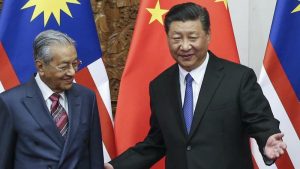
entire towns in Malaysia, but the prices of the apartments were far beyond the reach of ordinary citizens of Malaysia. Mahathir also added that none of Malaysian companies or workers were employed, so overall, the country did not really benefit from the FDI. Even the taxes were not paid in Malaysia, but rather in China. Eventually, this carries the danger of large influx of Chinese citizens who can purchase these kinds of estates. However, it is clear that both countries want to have a productive relationship and Malaysia is geostrategically important because of Strait of Malacca, which is one of the most important shipping lanes in the world. Several days after he marked his 100th day in the office, Mahathir headed to China for the official visit. While talking with high-level government officials and President Xi Jinping, he openly warned China of ”new version of colonialism”, where poor countries cannot compete with the rich ones. It was also agreed that China needs to import more from Malaysia and in the end, Mahathir emphasized that ”free trade should also be a fair trade.”

